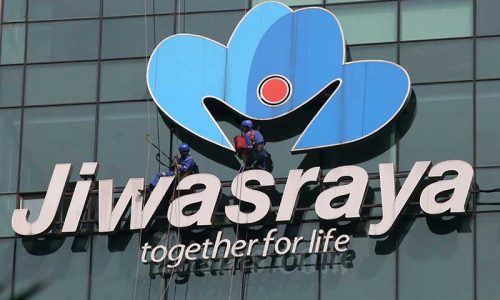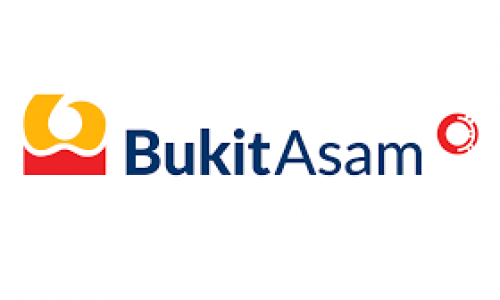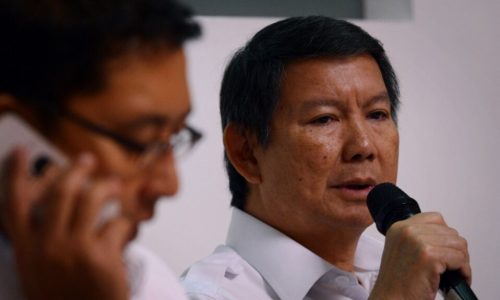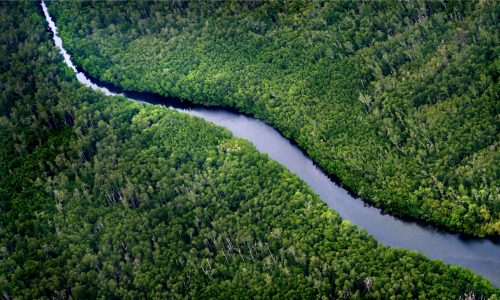Kartika Wirjoatmodjo, the Deputy Minister of BUMN, stated that the concerns expressed by Freeport Indonesia about the latest export duty policy will be discussed directly with the Ministry of Finance (Kemenkeu).
Kartika stated that the complaint presented by Freeport Indonesia was justified, in relation to the company’s operating permit extension. For the extension, the government did provide a nailed-down taxation scheme to Freeport Indonesia.
The nailed-down scheme means that the taxes and royalties paid by the company will remain constant, with no changes until the contract period concludes.
Initial agreement allows exemption from export duties
The agreement between the government and Freeport Indonesia, as stated in the Special Mining Business License (IUPK) issued at the end of 2018, contain provisions concerning the export duty rates applicable to Freeport Indonesia during the IUPK period.
Referring to the provisions of the IUPK, the company should no longer be subjected to export duties on concentrates once the smelter progress reaches 50 percent.
Progress of the smelter construction of Freeport Indonesia has already been verified by the government, and had reached 50 percent in March 2023. As a result, Freeport Indonesia is exempted from the imposition of export duties.
No longer exempted from export duties
However, in July 2023, the government through the Ministry of Finance introduced new regulations that may altered the provisions of Freeport Indonesia’s IUPK.
These regulations are stated in the Minister of Finance Regulation (PMK) Number 71 of 2023 concerning the Determination of Exported Goods Subject to Export Duties and the Tariffs for Export Duties.
The provisions in the new regulation no longer exempt Freeport Indonesia from export duties despite the smelter construction. As a result, the company has raised objections regarding these new regulations.









